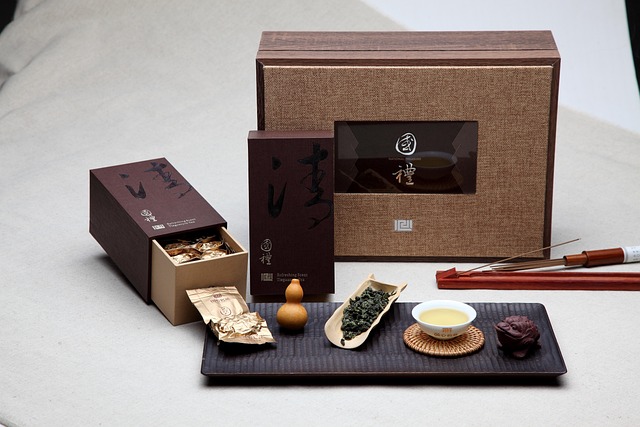Unveiling the Spiritual Essence: The Role of the Master of Ceremonies in Religious Rituals
In the sacred space of religious rituals, where humanity connects with the divine, the master of ceremonies plays an indispensable role. This individual, often a figure of guidance and authority, embodies both the spiritual and logistical heart of these rites, helping to orchestrate a harmonious flow that brings together the congregation in shared belief and collective hope.
Religious ceremonies are more than mere events; they are deeply imbued with tradition, intention, and emotion. The master of ceremonies is not only responsible for the organization of the ritual but also serves as a spiritual bridge, fostering an environment where participants can immerse themselves in the profound significance of the moment. The careful curation of rituals can create an atmosphere charged with reverence and expectation, allowing participants to transcend the mundane and touch the divine.
From weddings to religious holidays, the master of ceremonies guides the proceedings with a steady hand. They understand the nuances of their faith and honor the deep meanings behind each ritual gesture. Their presence can make the experience feel sacred and special, ensuring that tradition is upheld while also inviting a sense of warmth and community. Through their words and actions, they weave together the threads of individual stories, creating a tapestry of shared spiritual experience.
The connection a master of ceremonies fosters among ceremonial participants is instrumental in enhancing the spiritual essence of the event. By encouraging engagement and participation, they invite attendees to become active players within the ritual, forging a bond that transcends the individual and aligns the community in a collective spiritual journey. In doing so, they help attendees to experience the transformative power of faith, fostering a deeper connection both physically within the community and spiritually with the divine.
In many traditions, the master of ceremonies is steeped in knowledge of sacred texts, prayers, and customs; thus, they often play a pivotal role in educating others about the significance of the rituals. They not only perform but teach, ensuring that the wisdom of past generations is passed down to future ones. Their commitment to preserving the sanctity of religious traditions can inspire those present, encouraging them to explore and deepen their own faith.
As these figures guide participants through prayers, chants, and meditations, they hold space for divine energy to flow freely. The master of ceremonies nurtures an environment of trust, respect, and devotion, allowing individuals to express their spirituality openly. In this collaborative effort, the community is empowered and uplifted, as they become part of something greater than themselves—a unified expression of faith.
In essence, the role of the master of ceremonies in religious rituals transcends mere functionality. They are the stewards of a spiritual path, facilitating connections within the community and between believers and their divine. Their gentle but resolute guidance enriches the ritual experience, underlining the beauty of tradition and the potency of shared reverence. In commemorating life’s pivotal moments, these stewards of ceremony remind us of the profound joy and solace that faith can bring into our lives.




